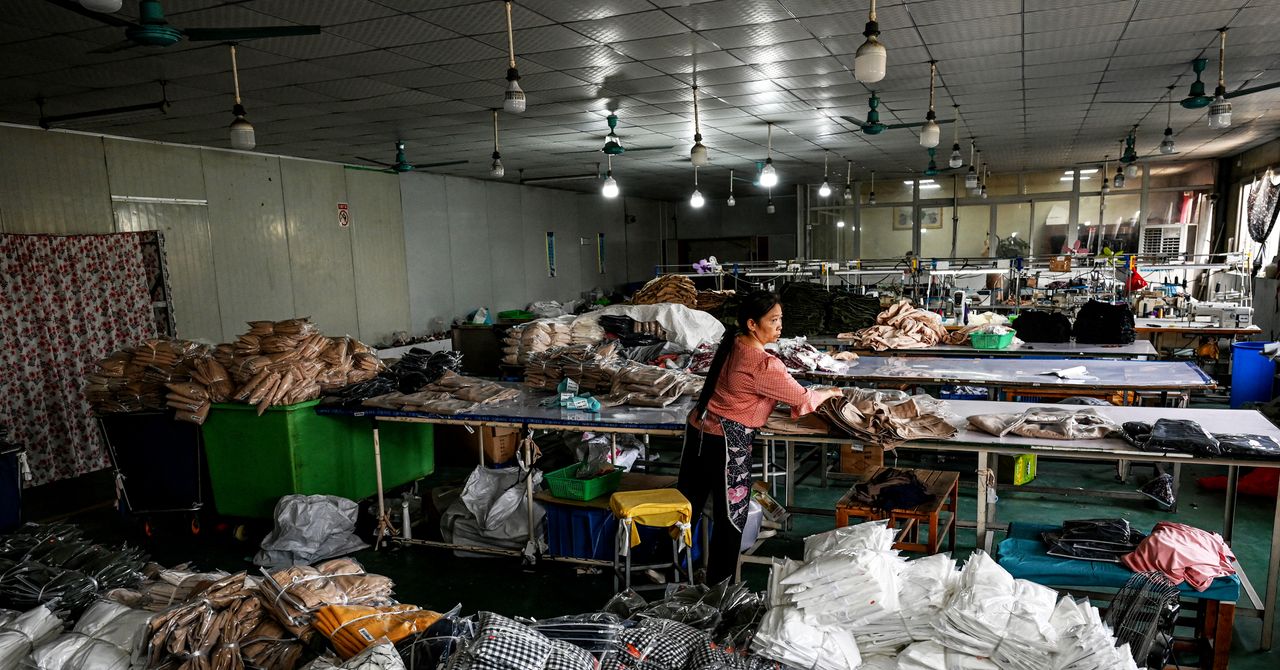We talked to US retailers who do not sell on E trading sites, which means they have their own stores or suppliers of Walmart, Target, etc.
From what we have seen, retailers usually have stock stock that should last in the US for at least the next few months. However, if the rates do not amount to an acceptable level soon, the deficits will become much clearer in the summer or early fall, depending on how prepared individual stores are. For example, US retailers of Christmas decorations and toys are really worried at the moment, even though the holiday is seven months away. Maybe December is when some US consumers will finally find out the effects of this policy!
Would it be possible for Trump to give an exception to Amazon for rates and not other retailers? Can he do it without anyone knowing it?
Even if Trump was trying to save Amazon from his rates, it would be quite logistical. Amazon’s market has millions of third-party sellers, each running their own businesses, and they are responsible for bringing goods to the US and cleaning the customs process. But Trump can offer Amazon and other retailers tax cuts, subsidies or other economic benefits to help compensate the effects of the rates. This has not happened yet, but reportedly, there were discussions among the Trump administration officials about the fact that US farmers subsidies were given possible.
What percentage sellers on Amazon import goods from China?
It’s hard to say how many Amazon sellers import things from China, but estimates indicate that more than 50 percent of Amazon’s best-selling-independent traders are based in China.
Are there actually enough custom agents to verify that things imported from other countries do not come from China? If so, how will they do this?
Trump’s rates will certainly expand the capabilities of US Customs and Border Protection (CBP) to inspect packages and where the goods arose. The US postal service actually stopped accepting packages from China about a day earlier this year because they were so overwhelmed when Trump initially tried to end De Minimis overnight. His administration later delayed the policy a few weeks, giving CBP more time to prepare.
How did the tariff situation affect the actual sellers?
Factories in China are hit hard by the rates, and some consider lying down workers. They all want to turn to other markets such as Brazil, Russia and the European Union, but the reality is that consumers in these regions simply do not have nearly as much disposable income as Americans do. Factories will be able to make up their sales, but these alternative markets will now also be hyper -competitive.
Small business owners say they are injured due to rates, so who wins here?
Honestly, we can think of very few parties that win here, at least now. Even if you want to produce in the US, you will almost surely need to import machinery and raw materials from China or another country – which means you also have to pay these new rates. One winner is perhaps the environment. Higher prices are likely to result in people buying less, and this may be a moment when consumers start to reflect on their consumer habits. But if that happens, it will also be bad news for the US economy.
What if Chinese goods are sold to a third party (such as Canada) and then sold to the US again, would Trump find out?
This would be an example of tariff evasion and is illegal. Going through an intermediary in this way is known as ‘transfer’ and it does happen from time to time, but if a manufacturer or trader is caught, it can be subject to fairly steep fines.
